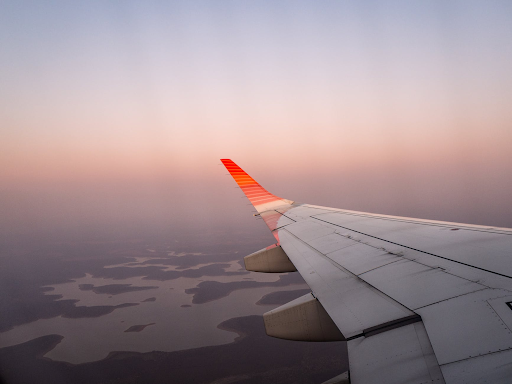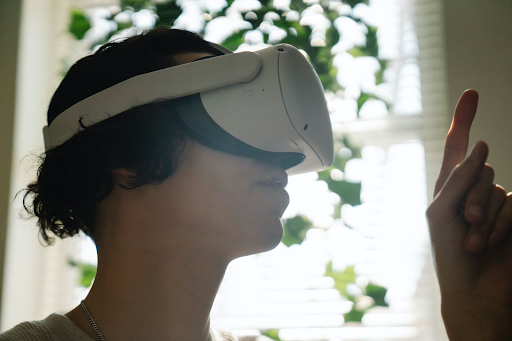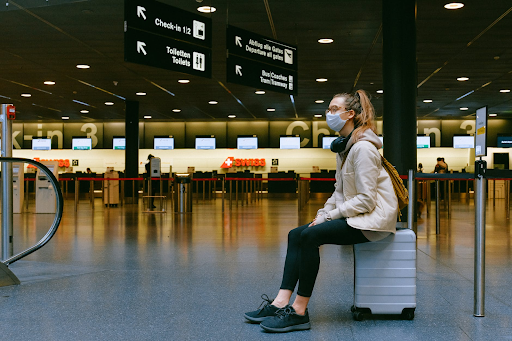How IT solutions promote loyalty and encourage customers in the hospitality and travel industries


Apart from optimising day-to-day operations, cutting-edge IT solutions come into play for customer experience. In a post-pandemic world, clients’ expectations and demands are shifting, which makes adopting travel technologies vital as never. That kind of tech allows for promoting loyalty before, during, or even after the trip itself.
The most glowing examples, such as VR and AR, are widely used for creating virtual tours by hotels and travel agencies. Whereas voice search, IoT, or facial recognition technologies are key to convenient checking in without waiting in line and interacting with staff members. This post will dwell on the latest IT trends in hospitality and tourism you should keep up with to gain a competitive edge.

Naturally, with the emergence of the pandemic, the demand for contactless payment rose. As numerous customers and employees don’t feel like handling cash, contactless purchases are no longer a luxury — in fact, they are a necessity. Implementing the tech to your app or website allows clients to save time significantly on entering a PIN and sorting through cash.
Customers tend to search for and book hotels with the help of voice search. That is why it is essential to have a clear application structure: it should properly feature voice search results. And when it comes to enhancing the clients’ experience, voice control is one of the first things which pops to mind. The tech enables hotels to improve clients experience by turning lights on/off, adjusting gadgets within the apartments and, eventually, decreasing the number of surfaces guests need to touch.
Hospitality management always aims at impressing guests so that lots of restaurants and establishments are using robots not only for housekeeping purposes but also for greeting customers. For instance, Henn-na Hotel in Japan takes full advantage of robots to provide guests with the front desk, check-in and check-out services. Apart from that, such technology can reduce close interaction between people and strengthen security operations.
When potential customers consider various hotel or restaurant options, that’s critical to show them what the surroundings and facilities will be like. Here, VR-tours/360 videos come in handy. The first-person virtual excursion created for Grand Oasis Hotel highlights apartments and gardens, really proving the name itself. However, bear in mind that web-based tours should be available on numerous devices and have to operate without a VR headset.

There’s nothing like chatbots for promptly answering clients’ questions, responding to queries related to COVID-19 policies, or informing guests about hygiene measures. Thanks to artificial intelligence potential, tech is becoming more and more advanced nowadays. What is more, AI enables travellers to predict prices on flights and figure out whether it’s worth waiting for a better price or purchasing a ticket right away. An example of these apps is Hopper, which airlines use to modify rates according to the clients’ demand.
Travel companies are a significant target for cybercriminals, so they actively invest in custom software solutions with a high data protection level and cybersecurity training. Among the most common threats are ransomware and phishing attacks — it’s essential for travel industries to comply with data protection laws and keep abreast with the latest regulations.
Sending and receiving data is impossible without internet-based or BLE-based interconnectivity between various devices. The role of the IoT is only going to rise: in airports, companies adopt baggage sensors and send notifications to alert travellers passing by. Thanks to beacon technology, enterprises can inform tourists based on their locations.
It is another booming tech that implies facial, fingerprint recognition, retina scanning, etc. Facial recognition is indispensable for contemporary airports and hotels, as it helps to conduct facial recognition check-ins and semi-contactless checkouts. In future, the tech is expected to provide clients with the opportunity to pay for the meals in restaurants and hotels while passing by the exit.

PNN Soft has been delivering programming products for 20 years, and we hone our skills to put our ideas into the newest solutions. We developed a wide variety of complex software for Windows/macOS X. In this process, special attention is paid to cybersecurity and the safety of customers data.
We aim to achieve an in-depth understanding of individual companies’ goals and expectations. That is why our clients prefer long-term partnerships.
PNN Soft gives priority to Agile, Scrum, and RAD methodologies to communicate with clients effectively, satisfy customers’ expectations and obtain more flexibility. Our Agile experts include software developers, GUI designers, testers, managers, and technical writers.
If you are thinking about custom software development for the Hospitality or Travel industries, fill in the form below. Also, you can see a short additional infographic about the trends in the industries on our LinkedIn page!